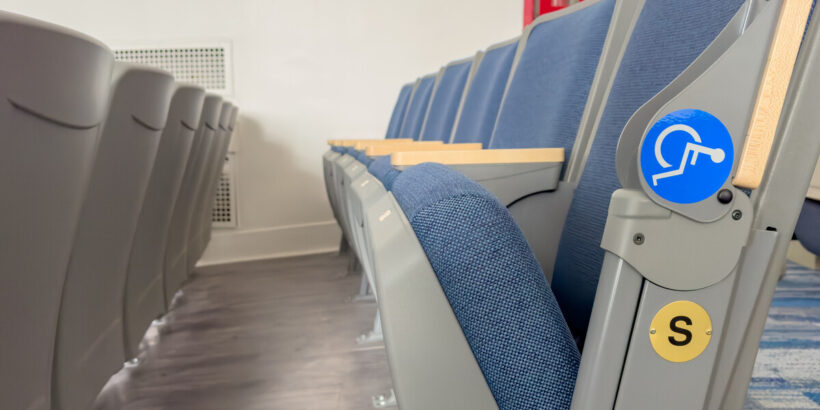Hosting an inclusive event is more than just good practice; it’s an important step toward building a welcoming and equitable society. When you plan events with accessibility in mind, you create spaces where everyone can participate fully, regardless of ability. Here’s how you can make it happen.
Understand Why Accessibility Matters
Accessibility goes far beyond accommodating physical disabilities. It invites everyone to feel valued and included. Accessible events benefit all attendees, such as families, caregivers, and individuals navigating temporary disabilities.
When you plan inclusive gatherings, you’re rejecting common myths and misconceptions about disability, such as the idea that accessibility issues affect only a small segment of the population. Instead, you’re building a positive, inclusive atmosphere for all.
Ensure ADA Compliance
Following the Americans with Disabilities Act (ADA) isn’t just about legality—it’s also about dignity and inclusion. Make sure your venue has ramps, elevators, accessible seating, and visible ADA-compliant signage.
Don’t overlook restroom accessibility for outdoor events! Always ensure your ADA porta potties are accessible by selecting units placed on level ground with clear pathways. Discuss these details early with venue managers to verify compliance and address any gaps promptly.
Communicate Directly With Attendees
Every individual’s needs are unique, so ask attendees about accommodations upfront, when possible. Include a section in your RSVP forms for accessibility requests, whether they need captioning services, assistance with mobility, or specific dietary considerations.
For small events, follow up with individuals to clarify their needs and show that their comfort and participation are priorities. Open communication removes assumptions and builds mutual respect.
Use Assistive Technology
Modern tools make inclusive events more practical than ever. For example, live-captioning services benefit not only hearing-impaired attendees but also multilingual audiences. Sign language interpreters, wheelchair-accessible microphones, and real-time translation devices are some other ways to meet diverse needs effectively.
Prepare by Testing the Venue
Before your event, walk through the space with an accessibility coordinator or members of the disabled community. Look for potential barriers such as narrow doorways, poorly lit hallways, or obstructed paths.
Test equipment like elevators, movable ramps, or hearing-assist devices to guarantee everything functions. A proactive approach helps you avoid last-minute complications and demonstrates a commitment to inclusivity.
Train Your Event Staff
Accessibility isn’t just about space; it’s about people too. Train your team to assist attendees respectfully by asking before offering help.
Empower staff with an understanding of accessibility etiquette and assign someone to manage accessibility-related requests onsite. Your team sets the tone for your event by promising every guest feels supported and welcome.
Build Inclusive Events for All
When you plan events with accessibility in mind, you help redefine what inclusion and belonging truly mean. Every step matters, from compliance to communication, as you create spaces where everyone can connect and contribute. Make inclusivity your priority, and you’ll inspire meaningful participation that resonates far beyond your event’s duration.
